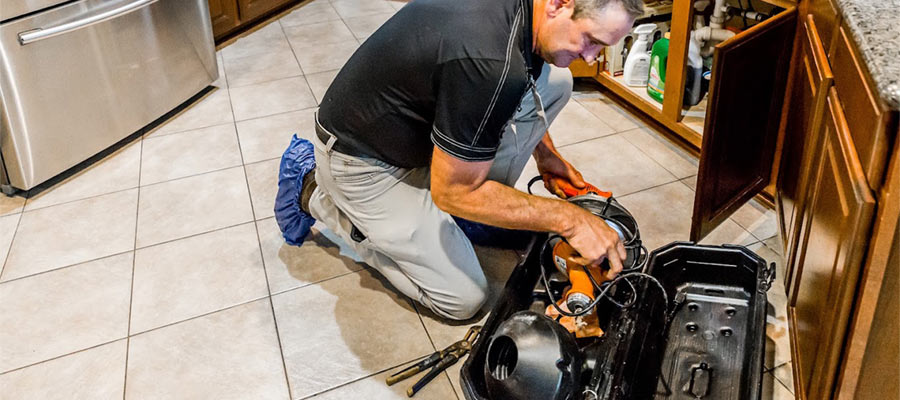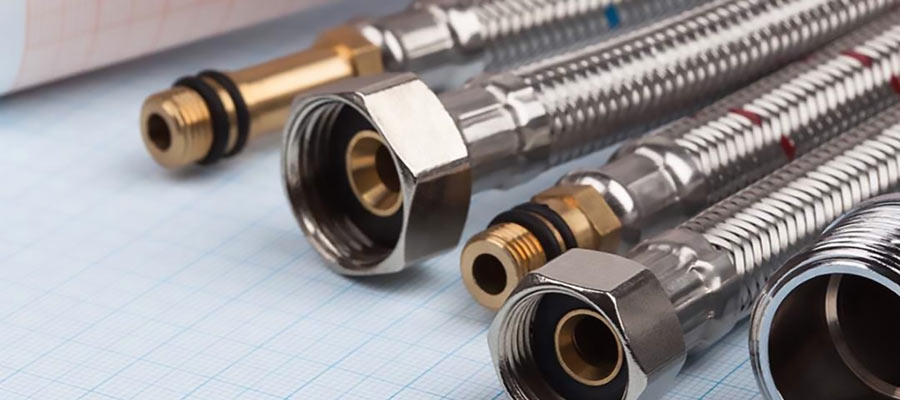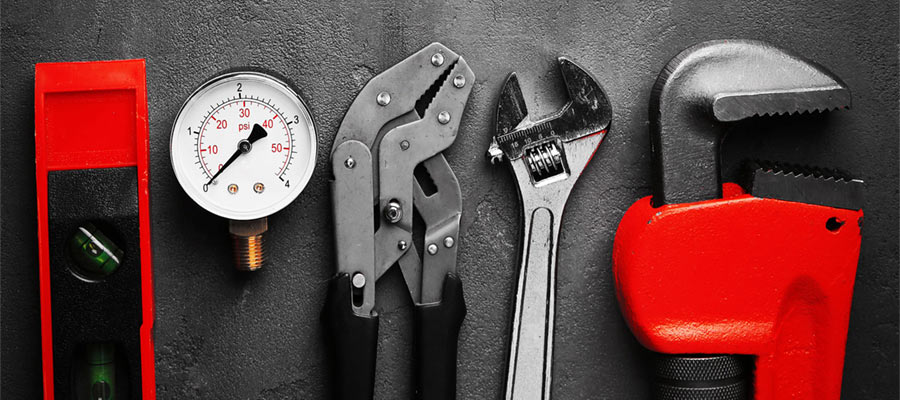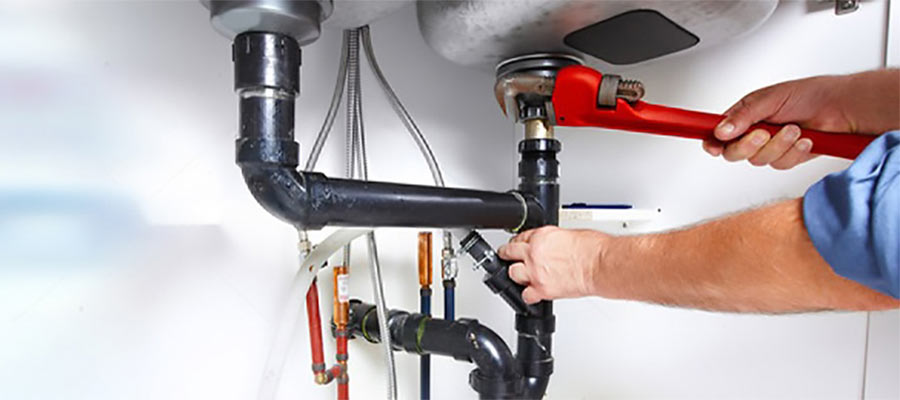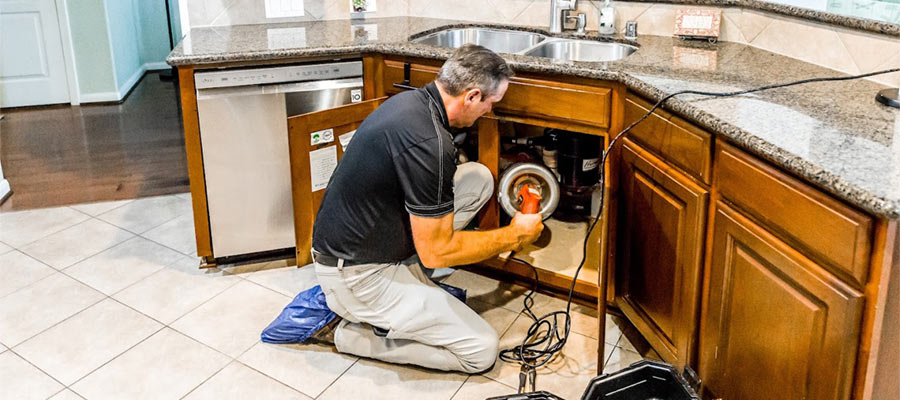Sump pumps are essential for preventing basement flooding and maintaining a dry living space. However, like any other mechanical device, sump pumps can experience issues over time. Understanding the common problems associated with sump pump repair can help you identify and address them promptly.
Common Sump Pump Issues
One of the most frustrating problems with sump pumps is when they fail to start, leaving your basement vulnerable to flooding. This issue can occur due to various reasons, such as a tripped circuit breaker, a float switch failure, or a faulty power supply. If your sump pump does not start, it is important to check these potential causes before attempting any repairs.
Unusual noises coming from your sump pump can be a cause for concern. These noises, such as grinding, rattling, or screeching, often indicate a problem with the impeller or motor. The impeller may be clogged with debris or damaged, while the motor may be misaligned or worn out. Addressing these issues promptly is crucial to prevent further damage and ensure the smooth operation of your sump pump.
If your sump pump cycles on and off too frequently, it may be a sign of improper calibration or a malfunctioning float switch. This constant cycling can put excessive strain on the pump and reduce its lifespan. Adjusting the float switch or having it replaced by a professional plumber can help resolve this issue and maintain the efficiency of your sump pump.
When your sump pump fails to pump water effectively, it may be due to a clogged or damaged discharge pipe, a malfunctioning check valve, or an issue with the impeller. These problems can impede the flow of water and lead to basement flooding. Cleaning or replacing the impeller, checking the discharge pipe for blockages, and ensuring the proper functioning of the check valve are key steps in troubleshooting and resolving this issue.
Sump pumps rely on electricity to function, making power failure a significant concern. Even a brief power outage can leave your basement vulnerable to flooding. To address this issue, consider installing a battery backup system or investing in a generator to ensure that your sump pump continues to operate during power disruptions. Regularly testing and replacing the battery backup is essential to guarantee its effectiveness in critical situations.
An overflowing sump pit can be alarming and indicates a problem with your sump pump’s ability to handle excessive water. This issue may be caused by a malfunctioning float switch, an overwhelmed pump capacity, or a clogged inlet screen. Adjusting the float switch, upgrading to a larger sump pump, or cleaning the inlet screen are potential solutions to prevent your sump pit from overflowing and causing basement flooding.
Solutions for Sump Pump Repair
Addressing sump pump repair requires a systematic approach to identify and resolve the specific issues affecting your pump. Here are some solutions for common sump pump problems:
Before diving into complex repairs, start by checking the power supply. Ensure that the sump pump is properly plugged in, the circuit breaker is not tripped, and no GFCI outlets have been triggered. If the power supply seems to be functioning correctly, move on to other troubleshooting steps.
A clogged or damaged impeller can impede the flow of water through the pump, resulting in poor performance. Remove the impeller and clean it thoroughly, removing any debris that might be causing the issue. If the impeller is damaged beyond repair, it may need to be replaced by a professional plumber.
The float switch is responsible for activating the sump pump when the water level rises. Incorrect calibration of the float switch can cause the pump to cycle on and off too frequently or fail to activate when necessary. Adjusting the float switch according to the manufacturer’s guidelines or having it replaced can resolve issues related to improper activation.
The check valve prevents water from flowing backward into the sump pit, ensuring that the pump operates efficiently. A malfunctioning check valve can hinder the pump’s ability to pump water effectively. Replacing the check valve with a new one can help restore proper functionality.
If your sump pump is equipped with a battery backup system, it is crucial to test it regularly and replace the battery as needed. A faulty battery backup can leave you vulnerable during power outages or pump failures. Consult a professional plumber to determine the appropriate battery type and ensure that the backup system is in optimal condition.
If your sump pump consistently trips the circuit breaker, there may be an issue with the electrical system. Contact a professional electrician to inspect and troubleshoot the circuit breaker to prevent further damage and ensure the safe operation of your sump pump.
A clogged or damaged discharge pipe can impede the flow of water from the sump pump, reducing its effectiveness. Clearing any blockages in the discharge pipe and replacing damaged sections can help restore proper water flow and prevent basement flooding.
Regularly inspecting and cleaning the sump pit is essential for maintaining the proper functioning of your sump pump. Clear any debris, dirt, or sediment that may accumulate in the sump pit, as these can obstruct the float switch or impede water flow. Professional plumbers can also inspect the sump pit for any structural issues and recommend necessary repairs or upgrades.
When to Consider Sump Pump Replacement
While repairing your sump pump can resolve many issues, there are certain situations where replacement may be the best course of action. Consider the following factors when deciding whether to replace your sump pump:
The average lifespan of a sump pump is around 10 years. If your sump pump is nearing or has exceeded this timeframe, it may be more cost-effective to replace it rather than investing in frequent repairs. Newer models also offer enhanced features and improved efficiency, making them a better long-term solution.
If you find yourself experiencing recurring issues with your sump pump, it may be a sign that the pump is reaching the end of its lifespan. Continuously investing in repairs can quickly become costly and may not guarantee the reliability of your sump pump. In such cases, replacing the sump pump can provide a more reliable and cost-effective solution.
If your sump pump is struggling to keep up with the water entering the sump pit, it may be undersized or outdated. Inadequate performance can leave your basement at risk of flooding. Upgrading to a larger and more efficient sump pump can ensure proper water removal and protect your home from water damage.
Rust or corrosion on the sump pump components can compromise its functionality and lead to frequent breakdowns. While some rust can be addressed through repair, extensive corrosion may require a complete replacement. Regular inspections and maintenance can help identify and address rust or corrosion issues early on.
Advancements in sump pump technology have led to more efficient and reliable models. If your current sump pump lacks features such as backup systems, alarms, or remote monitoring, it may be beneficial to upgrade to a newer model. The latest technology can provide added peace of mind and protection against basement flooding.
Proper sump pump repair and maintenance are essential for preventing basement flooding and maintaining the integrity of your home. While some issues can be addressed through DIY plumbing, it is important to recognize the limitations and risks involved. In many cases, sump pump replacement may be the more cost-effective and reliable solution. Whether you need installation, repairs, or maintenance, you can rely on John Moore Services to deliver outstanding results. For all your sump pump related issues, contact John Moore Services today at (713) 730-2525 or visit their website at https://www.johnmooreservices.com.

